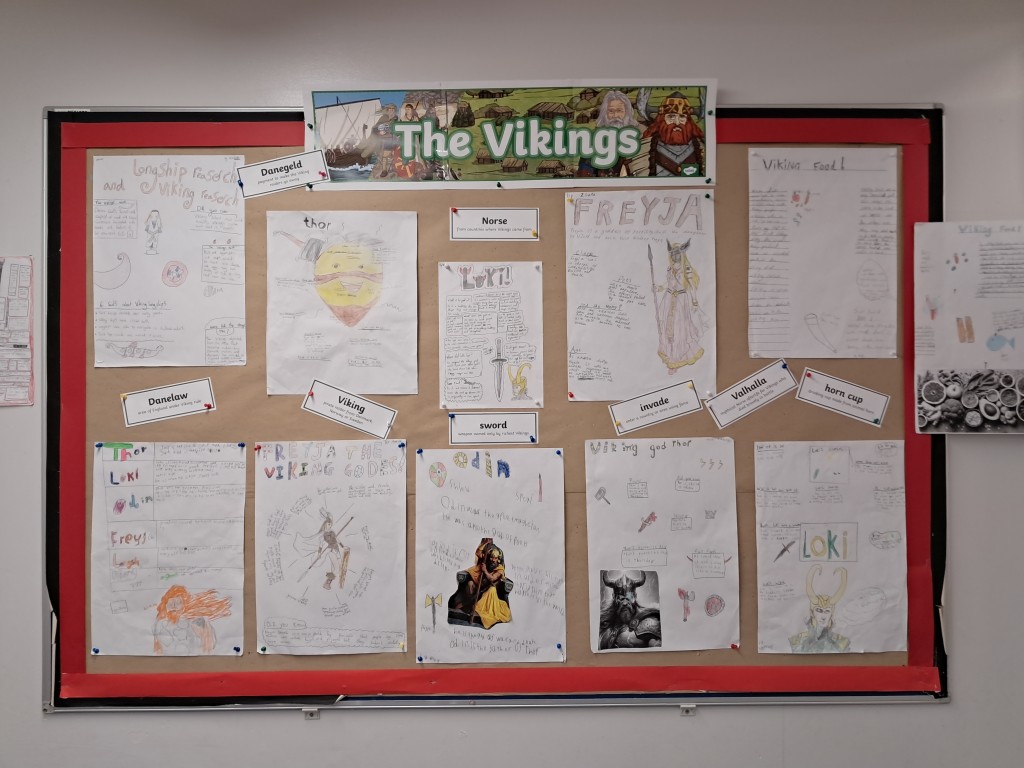History
Curriculum Intent:
We promote the importance of history education in fostering a sense of identity, belonging, and understanding of the past.
Clear and concise statements outline the overarching goals of the history curriculum, such as developing historical knowledge, critical thinking skills, and an appreciation for cultural diversity.
An outline of the historical periods and topics covered in the curriculum, ensuring a coherent progression supported by a whole school timeline approach.
Emphasising the use of enquiry-based learning methods to encourage students to investigate historical events, analyse sources, and draw informed conclusions.
Emphasising the importance of using authentic historical sources to develop critical evaluation skills and historical empathy.
Implementation
- A detailed overview of the historical topics and themes to be covered in each year group, ensuring a progressive and age-appropriate learning journey.
- Incorporation of active learning methods such as role-plays, simulations, debates, and hands-on activities to make history lessons interactive and engaging.
- Strategies for introducing primary sources (e.g., letters, artefacts) and secondary sources (e.g., books, videos) to help children develop critical analysis and historical interpretation skills including visuals, maps, timelines, and multimedia resources to enhance students’ understanding of historical events and contexts.
- Incorporation of field trips to local historical sites and inviting guest speakers (e.g., historians, community members) to provide authentic and enriching historical experiences.
- Strategies for incorporating diverse perspectives and histories, celebrating cultural heritage, and promoting inclusivity in a de-colonised History curriculum.
- Creating a historical learning environment with displays, posters, and relevant historical artefacts or replicas.
Curriculum Impact:
This curriculum will promote historical knowledge, critical thinking skills, empathy, and cultural awareness, encouraging students to reflect on their historical learning experiences and share their insights on how history education has influenced their understanding of the past and its relevance.


